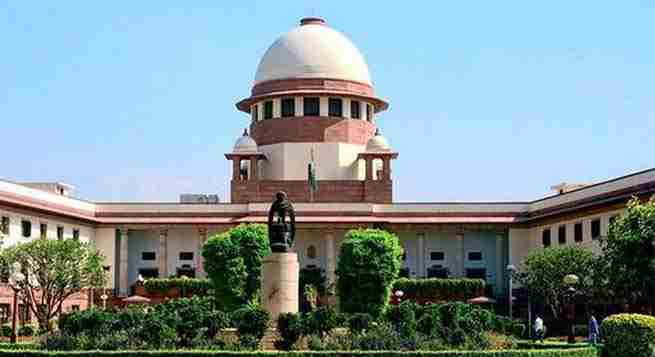After a couple of postponements, the case pertaining to broadcasters’ challenge of sector regulator TRAI’s tariff regulations, is once again listed on the agenda of the Supreme Court for October 1. But whether the case will be finally taken up today is a multi-million rupee question.
The case, till late evening on Thursday, was listed at No. 37 on the agenda of the Supreme Court for October 1.
The relevant bench will, however, have to go through a long reply filed by the Telecom Regulatory Authority of India (TRAI), as directed by the court earlier, and an equally exhaustive counter-reply filed by Indian Broadcasting & Digital Foundation or IBDF (formerly IBF).
IBDF, an industry lobbying body for TV channels in India, along with few other petitioners, including individual TV companies, had challenged in the Supreme Court a Bombay High Court order, which upheld regulator TRAI’s powers to make economic regulations, while granting some concession to the TV channels in a case that’s popularly known as New Tariff Order 2.0 (NTO 2.0) case.
In its filing before the apex court, TRAI, while outlining its various reasons for the tariff guidelines, has stated: “The Bouquets prescribed by broadcasters do not give consumers/households/members of the family a choice of varied content at an affordable price. They are created only with a view to increase broadcaster advertising revenue.”
At another place, TRAI has pointed out: “In many cases, the bouquet price artificially has reached such perversity that the bouquet price is cheaper than the Popular/Driver Channel in it. This is an abuse which TRAI as a Regulator cannot ignore…Finally, to make a virtue of a vice, Broadcasters then cite bouquet subscription as evidence of consumer preference/desire.”
The broadcasters’ and other petitioners’ position is that the Mumbai court has “incorrectly” sought to read into Article 19(2), an additional requirement of public interest, when it comes to interpret a broadcaster’s right to freedom of speech and expression under Article 19(1)(a) of the Constitution of India.
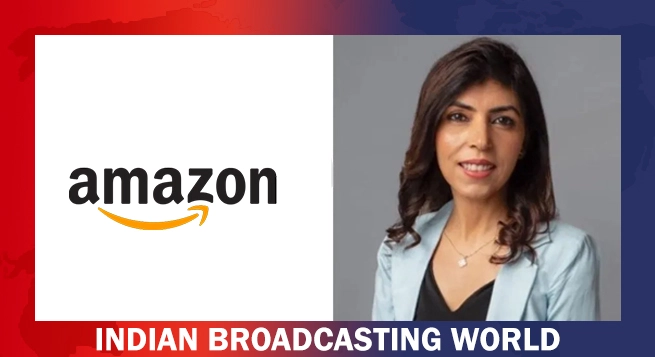 Amazon Ads India head outlines 2026’s 5 brand-consumer connect trends
Amazon Ads India head outlines 2026’s 5 brand-consumer connect trends 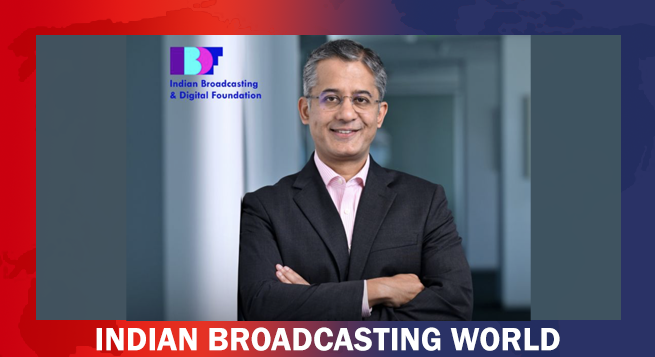 IBDF & 14 industry bodies led multi-body coalition bats for consent-led AI copyright rules
IBDF & 14 industry bodies led multi-body coalition bats for consent-led AI copyright rules 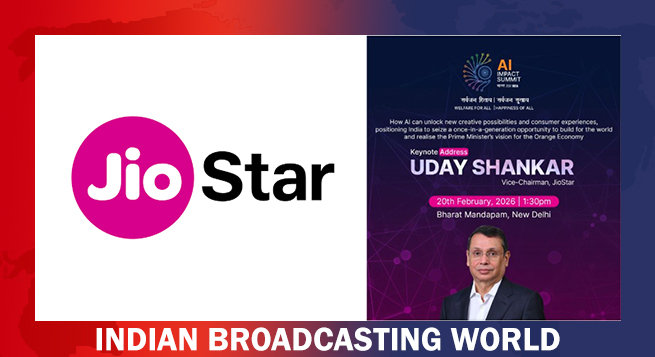 JioStar VC Uday Shankar to deliver keynote at New Delhi AI Summit
JioStar VC Uday Shankar to deliver keynote at New Delhi AI Summit  Govt. issues stringent 3-hour content takedown rule for SM firms
Govt. issues stringent 3-hour content takedown rule for SM firms 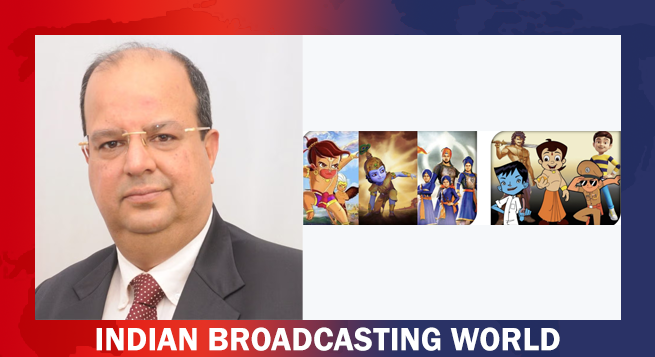 Guest Column: Budget’s policy interventions to boost Orange Economy
Guest Column: Budget’s policy interventions to boost Orange Economy  TV Today Network reports Q3 net loss of Rs.14 lakh
TV Today Network reports Q3 net loss of Rs.14 lakh  India showcases cinema, innovation at Berlin Film Market
India showcases cinema, innovation at Berlin Film Market  ‘Ragini 3’ to blend horror, humour with Tamannaah, Junaid
‘Ragini 3’ to blend horror, humour with Tamannaah, Junaid  YouTube to launch cheaper TV bundles in US
YouTube to launch cheaper TV bundles in US 


